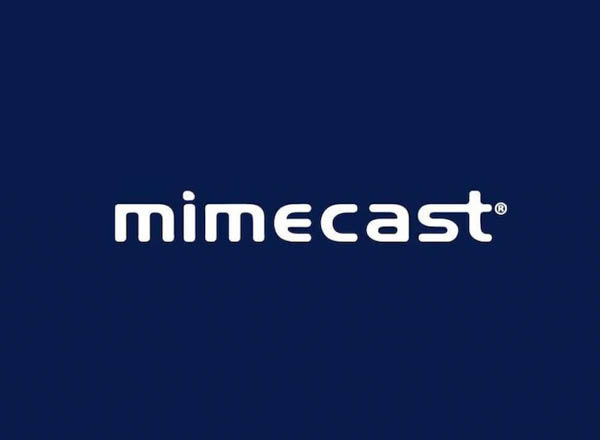HFC implements new Mimecast email threat reduction software

Recently, HFC has switched from Proofpoint to Mimecast, which is a market leader in email threat protection.
Once the College has worked through any potential glitches in the system and rolled out basic user training links, we will implement user portals where you’ll be able to look at questionable email(s) that have come into the system and mark them as legitimate or spam, according to HFC Director, Network and IT Infrastructure Joe Zitnik.
“The system learns who you send to and who sends to you and builds safe lists based on those communications. I know people will be much happier with the new system once the rollout is complete,” said Zitnik. “In the meantime, you may see some unique behavior in the new system. You may see warnings within your email that a link contained within it was malicious or looked suspicious. Just be aware that if you see a communication within your email from Mimecast, it is legitimate.”
User Awareness
The new system tries to protect end users from malicious links within their emails. When you click on a link, the system checks the link against known malicious websites. It shares information with our firewall and our endpoint protection software to determine if the action(s) the end user is taking is potentially harmful. The new system will alert the end user to potentially harmful and malicious links using a technique called User Awareness.
As part of our ongoing security focus, we’ve enabled a new feature in our email security platform from Mimecast that occasionally requires your engagement. The aim is to increase your awareness as a user of potentially harmful content embedded in email, and malicious links found in attachments.
These changes are made to ensure our email system remains as solid in terms of security as possible. More than 80% of system breaches begin with an email. Phishing emails have been a growing problem for the College in the last several years.
“I appreciate your patience as we work through any implementation issues,” said Zitnik.
For questions or more information, contact the HFC IT Services Help Desk at 313-845-6345 or helpdesk@hfcc.edu.